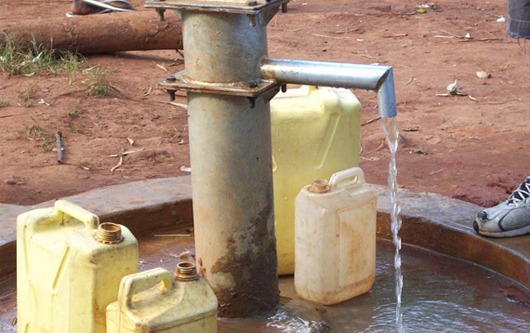The Bulawayo City Council (BCC) says it is incapacitated to treat borehole water and cautioned residents against drinking the water without boiling it first.
Residents in the city often rely on alternative water sources such as boreholes and bowsers during water supply shortages.
“The Director of Engineering Services reported (29th July, 2021) that borehole water was not treated water nor did Council have the capacity to treat or protect such water from contamination,” read the minutes.
“In that regard, bacteriological quality of borehole water could not be guaranteed since the water was untreated and subject to contamination at any time from environmental factors like sewer overflows and bacteriological contaminated soil. Residents were therefore advised to boil borehole water before drinking.”
According to the minutes, the city council PR department was seized with efforts to reach out to members of the communities to educate them on how to conserve water and to keep it clean and safe for consumption.
“There were ongoing public awareness and water-saving campaigns through the usage of various media platforms through Public Relations. Continuous engagements with all relevant stakeholders through the current platforms like the Water Crisis forums, WASH, NGOs and all other platforms was also work in progress,” the minutes stated.
“The continued enforcement of the water rationing limits as shared by Corporate Communications drive towards a City Consumption below 150 Ml/day. Currently, the consumption trend was at 140.3Ml/day”
The minutes highlighted that treatment capacity for city water supply sources was not influenced by the number of filters available but by the volume of raw water received therein.
“The treatment capacity for Criterion was currently not influenced by the number of filters available but the volumes of the incoming raw water. Criterion water treatment was being rehabilitated under the Bulawayo Water and Sewerage Services Improvement Project (BWSSIP) funded by the African Development Bank under W04,” read the minutes.
“The project, which had the scope of works, which covered the installation of new pumps, installation of new filter valves, chemical house repairs and installation of new valves, was currently at 90% with the partial handover of 80% of the scope coverage.”

